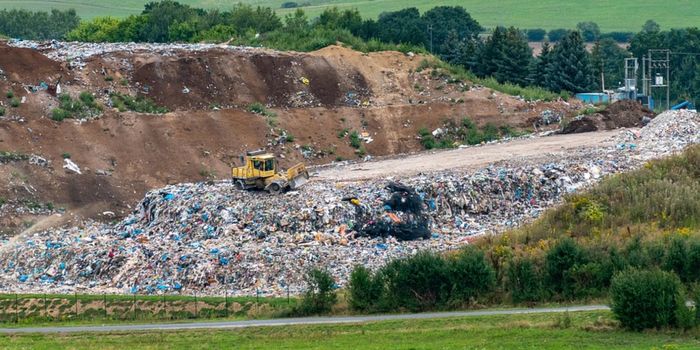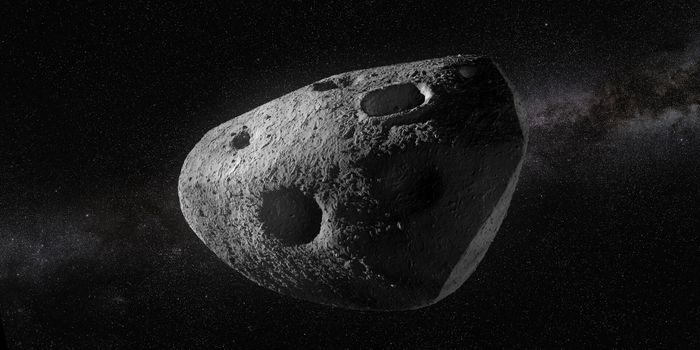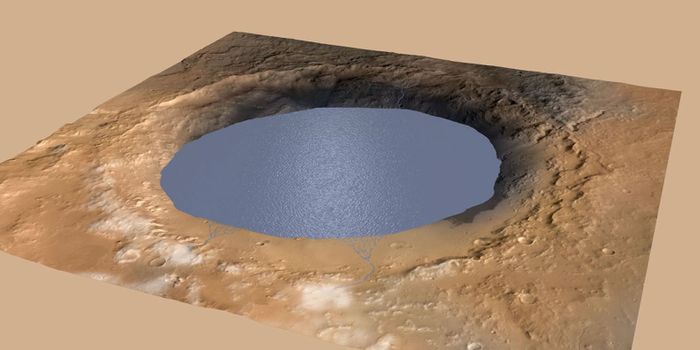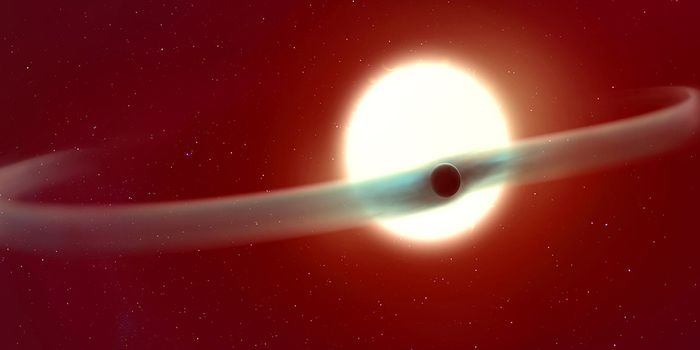Climate Change Is Turning the Ocean Green
Human-cause climate change has many effects — more frequent and more extreme natural disasters, melting ice caps, and rising sea levels, to name a few. But a study published in Nature has found an unexpected side effect of climate change: the ocean is changing color.
Within the last two decades alone, the paper reports that the ocean has shifted color in ways that cannot be explained by typical natural variation. Oceans near the equator have become steadily greener, reflecting a shift in surface-ocean ecosystems in tropical regions. The study’s authors hypothesize that the color change could result from an increase in detrital particles, an increase in zooplankton, or other possible ecosystem shifts.
"I've been running simulations that have been telling me for years that these changes in ocean color are going to happen," says study co-author Stephanie Dutkiewicz. "To actually see it happening for real is not surprising, but frightening. And these changes are consistent with man-induced changes to our climate."
The research team used measurements obtained via satellite remote sensing from the Moderate Resolution Imaging Spectroradiometer (MODIS) aboard the Aqua satellite. Previous analyses of ocean color were also conducted via satellite but focused on tracking chlorophyll (Chl). However, recent studies determined that chlorophyll’s natural variations were such that it would take at least 30 years of continuous measurement in order to draw meaningful conclusions about larger trends in ocean color.
Instead, the paper’s authors analyzed the ratio of water-leaving radiance to downward irradiance as measured by MODIS-Aqua. At the time of the study, MODIS-Aqua had just completed 20 years of data collection — the longest single-sensor time series of its type, giving the researchers a uniquely large set of time-series data.
After identifying a trend in the ocean’s color, they compared their results with a hypothetical model from 2019 predicting changes in the Earth’s oceans due to greenhouse gasses. The simulated greenhouse-gas model matched almost exactly with the real-life changes that they saw in their data.
"This suggests that the trends we observe are not a random variation in the Earth system," lead author B. B. Cael says. "This is consistent with anthropogenic climate change."
This will “change how much the ocean will take up carbon, because different types of plankton have different abilities to do that. So, we hope people take this seriously,” Dutkiewicz explains. “It's not only models… We can now see it happening, and the ocean is changing."
Sources: Nature; ScienceDaily; Biogeosciences; Massachusetts Institute of Technology








